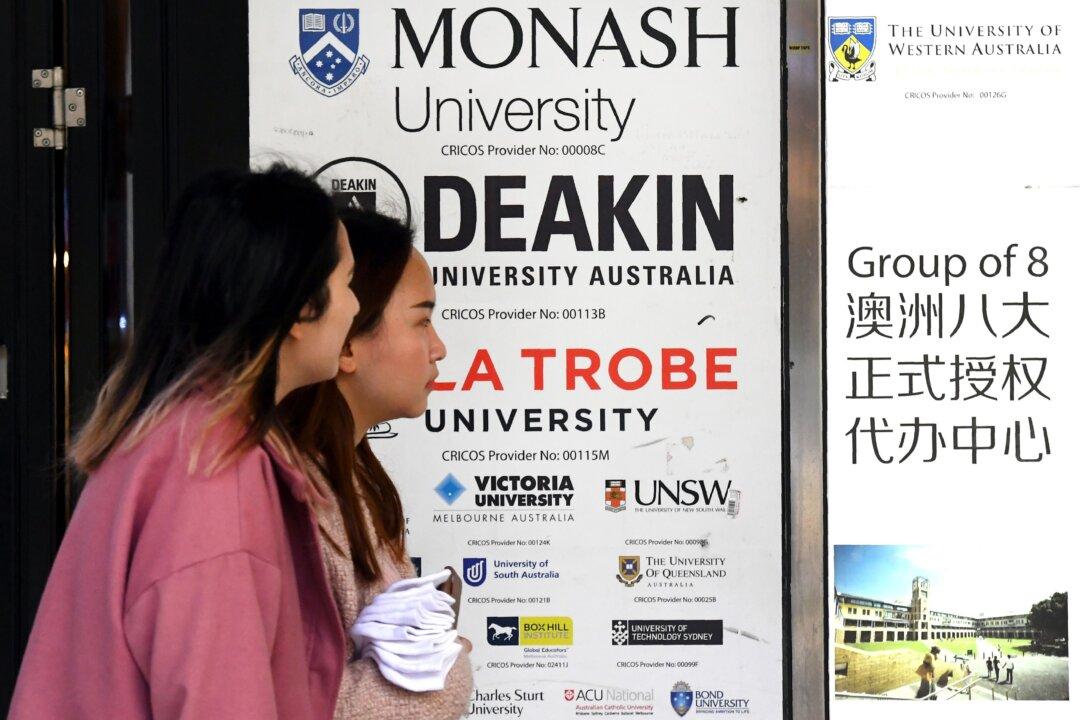Universities are pushing hard against new proposed laws that will give the Commonwealth the power to scrutinise, and potentially veto, collaboration with foreign governments or entities.
Representatives from Australia’s top universities have fronted a senate inquiry into the Foreign Relations Bill, with many opposing the new measure.





